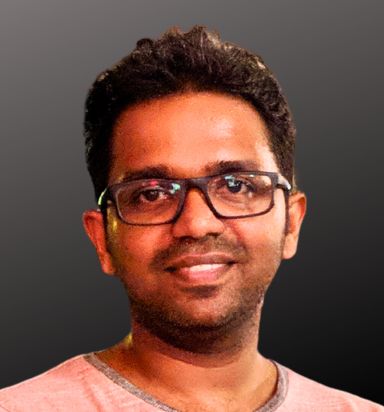
< session />
Context Engineering for Everyday Software Development
Wed, 22 April
AI coding assistants are now a standard part of modern software development, yet their conversational interfaces introduce a subtle but serious problem: they encourage communication patterns that misalign with how large language models actually process information. This mismatch leads to issues such as context contamination, dissipation, and bias amplification, resulting in degraded output quality.
This session introduces a systematic approach to context engineering, the practice of intentionally designing, structuring, and maintaining context for AI-assisted workflows. Attendees will learn tool-agnostic principles for context scoping, contamination prevention, quality assurance, and recovery, helping teams move beyond reactive troubleshooting to proactive information design. By treating AI systems as information processors rather than conversational partners, developers can achieve more consistent, high-quality outcomes across any AI platform.
What You Will Learn
-
How to treat AI coding assistants as structured information processors, not chatbots
-
Principles of context engineering: scoping, contamination control, and quality maintenance
-
How to shift from reactive prompting to proactive context design for sustainable AI workflows
Who Should Attend
Developers, team leads, and software architects who use AI coding assistants and want to improve reliability, maintainability, and quality in AI-assisted software development.
< speaker_info />
About the speaker
Ragunath Jawahar
Founder, Legacy Code HQ
Ragunath Jawahar is the Founder of Legacy Code HQ, where he specializes in helping developers and organizations master massive, complex codebases. With nearly 15 years in the industry and 5 years working with large codebases across startups and enterprises, he discovered that software complexity is fundamentally a human comprehension problem, not just a technical one.
To solve this challenge, Ragunath has built innovative visualization tools including Eureka and Timelapse (open-sourced on GitHub), which help developers navigate complex systems by surfacing relevant information while filtering out noise. His unique expertise combines legacy codebase rescue with 2+ years of AI-assisted development experience, positioning him to address a critical emerging problem: AI's acceleration of generating hard-to-maintain codebases.
Through his work at Legacy Code HQ, Ragunath teaches developers how to harness generative AI to build production-grade applications while avoiding maintainability pitfalls—leveraging first principles from human cognition, software development, and AI. This rare combination of legacy code mastery and AI expertise makes him uniquely qualified to help teams build maintainable software in the age of AI acceleration.








